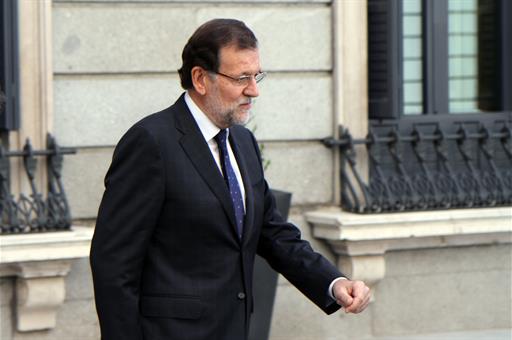The College of Europe is a prestigious European post-graduate university specialising in the research and teaching of Law, Economics and Political Science. Its origins date back to 1948 when, during the Hague Congress, Salvador de Madariaga proposed the creation of a post-graduate study institute where students from different European countries could live and study together.
Each year some 450 students from more than 50 different countries attend this college, of which 314 study at the headquarters in Bruges while another 140 are at the second campus on the outskirts of Warsaw, in the former palace of Natolin. The Master's degrees taught there last for an academic year and require the drafting of a thesis. The official languages of the College are English and French, and there are five study programmes taught in Bruges: Master's Degrees in Political Science, Economics, Law, International Relations and Inter-disciplinary European Studies.
There are many politicians and economists among its former students, together with diplomats and high-ranking European civil servants, including the Prime Minister of Finland, Alex Stubb; the Prime Minister of Denmark, Helle Thorning-Schmidt; the British Deputy Prime Minister, Nick Clegg; the former Vice-President of the European Commission Manuel Marín, and Louise Fréchette, the United Nations Deputy Secretary-General.
Hence, the inauguration of the academic year follows the tradition of a speech given by leading European figures such as the former Prime Minister of Poland and former President of the European Parliament, Jerzy Buzek (2009), Chancellor Merkel (2010) and President Napolitano (2011). Furthermore, the following dignitaries have also participated at other events organised by the College during this academic year: the President of the European Council, Herman Van Rompuy, who, moreover, gave his first public speech in 2010 at the College following his appointment; and the President of the People's Republic of China, Xi Jinping, who was also invited this year. Spaniards who have given a speech to open the academic year include Salvador de Madariaga (1964), H.M. King Juan Carlos I (1970), Felipe González (1985), Javier Solana (2005) and the State Secretary for the European Union, Iñigo Méndez de Vigo (2013).
European Council
As regards the European Council, at the first work session, on Thursday afternoon, it is expected to reach an agreement on the climate/energy package for the period 2020-2030, that will lead to the establishment of a stable framework in line with key aspects such as greenhouse gas emissions, renewable energy and energy efficiency. The existence of a single energy market is of particular importance, to which end it is essential to push through new interconnections. These talks may well continue during the dinner, at which foreign relations will also be tackled.
On Friday morning, the session will revolve around the economic situation in the EU. Following this the Heads of State and Government of the Member States of the Eurozone will analyse the situation of its economy, focusing on guaranteeing stable and lasting recovery to drive growth and job creation. In particular, an analysis will be made of the resources to drive public and private investment.
In relation to the Ebola epidemic in West African countries, the Heads of State and Government will debate how to step up the European response to help contain the epidemic. They will look into the appointment of a European coordinator devoted to improving the coherence and efficiency of the actions of the EU as a whole, in relation to the actions of EU Member States individually and to the main international stakeholders in the region.
Finally, it is expected that a decision will be adopted regarding the appointment of the new European Commission which has already received the backing of the European Parliament.





